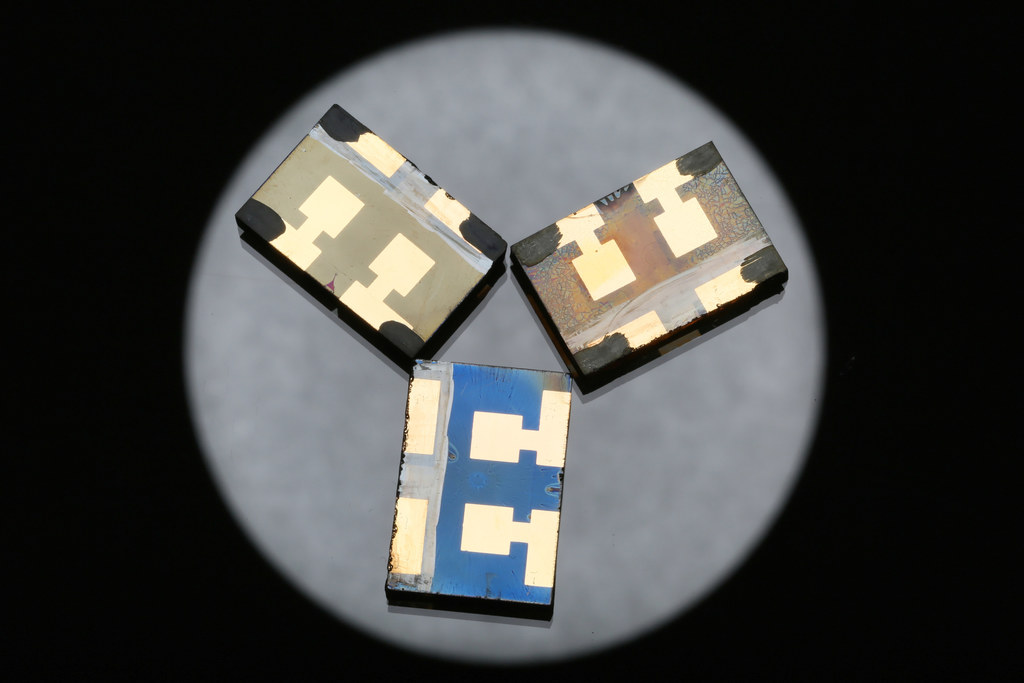European researchers, led by Imec, have announced the launch of a three year project dubbed ESPResSo (Efficient Structures and Processes for Reliable Perovskite Solar Modules), which will bring together known leaders in the field of perovskite solar, and aim to bring the technology to mature, commercially viable levels.
The consortium, which has received an EU grant of more than €5 million for the ESPResSo project, includes Switzerland’s Ecole Polytechnique Federale de Lausanne, the Consiglio Nazionale delle Richerche of Italy, Germany’s Fraunhofer ISE, Universita degli Studi di Roma Tor Vergata, Consorzio Interuniversitario per lo Sviluppo dei Sistemi a Grande Interfase and the University of Cyprus.
Industry partners, including Poland-based perovskite specialist, Saule Technologies and Spanish building integrated PV (BIPV) developer, Onyx Solar are also part of the consortium, alongside others including Dycotec Materials LTD, United Kingdom, Dyenamo AB, Sweden and Corning SAS, France and equipment manufacturer, M-Solv LTD, United Kingdom.
“Perovskite cells demonstrate clear potential to support world’s energy demands cost-effectively,” says Tom Aernouts, imec group leader of thin film photovoltaics and researcher at EnergyVille. “The ultimate aim of the partners of the ESPResSo project is to achieve this by bringing perovskite photovoltaics from the lab to the fab.”
The project’s stated aims are to demonstrate cell efficiencies above 24%, with less than 10% degradation occurring after thermal stress at 85°C, 85% humidity for more than 1,000 hours.
ESPResSO will also seek to develop scalable processing to deliver modules of more than 17% efficiency showing 20 years+ reliable performance based on IEC standards, and to develop BIPV products demonstrating a levelized cost of electricity lower than €0.05/kWh.
Scientists working on perovskite development have spoken several times of the need for better cooperation and the development of standardized measurements. A project such as this one being launched by Imec and its partners could provide much needed consensus on the best route for the technology to take toward commercialization.
This content is protected by copyright and may not be reused. If you want to cooperate with us and would like to reuse some of our content, please contact: editors@pv-magazine.com.




By submitting this form you agree to pv magazine using your data for the purposes of publishing your comment.
Your personal data will only be disclosed or otherwise transmitted to third parties for the purposes of spam filtering or if this is necessary for technical maintenance of the website. Any other transfer to third parties will not take place unless this is justified on the basis of applicable data protection regulations or if pv magazine is legally obliged to do so.
You may revoke this consent at any time with effect for the future, in which case your personal data will be deleted immediately. Otherwise, your data will be deleted if pv magazine has processed your request or the purpose of data storage is fulfilled.
Further information on data privacy can be found in our Data Protection Policy.